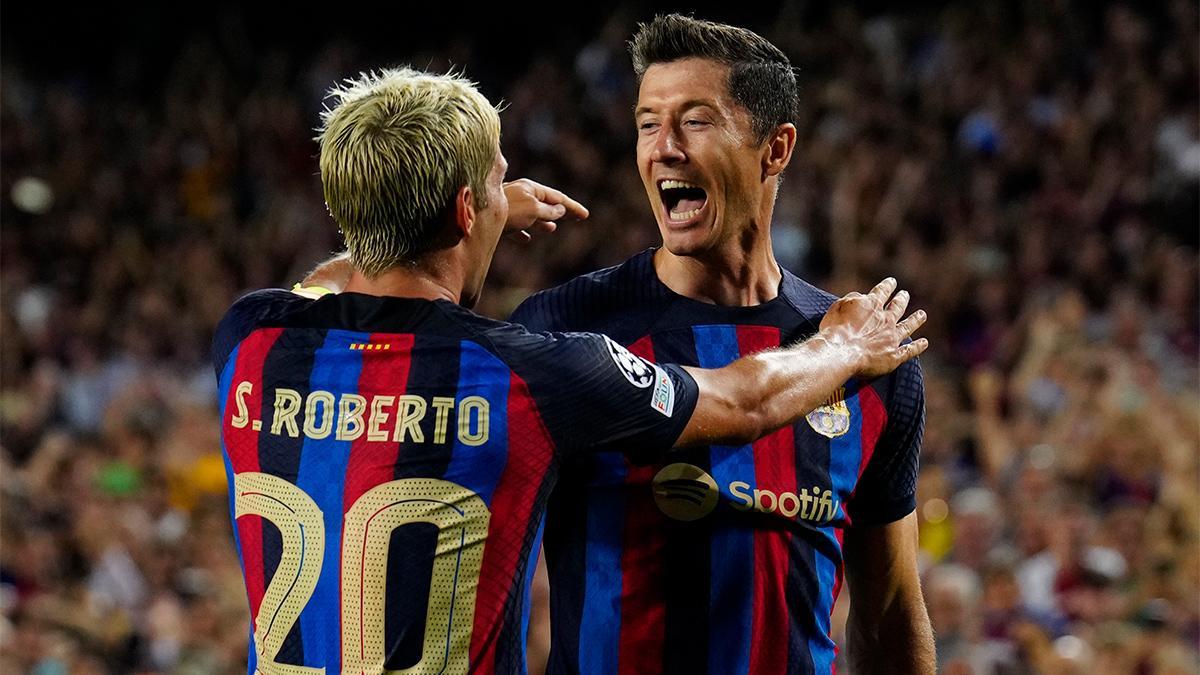
Barcelona’s Financial Struggles and the Sale of Julian Araujo
Barcelona have faced significant financial challenges in recent years, with strict La Liga regulations forcing them to operate within tight constraints. To meet La Liga’s 1:1 spending rule, which requires clubs to maintain a balanced budget by spending only what they earn, Barcelona need to secure funds through player sales. The club’s financial situation has made it imperative to offload players who are not essential to their plans, and the sale of right-back Julian Araujo appears to be a crucial part of this strategy.
The Sale of Julian Araujo to Bournemouth
Earlier this week, reports emerged that Barcelona were in advanced talks with Premier League side Bournemouth over the sale of Julian Araujo. The 22-year-old Mexican right-back, who joined Barcelona from LA Galaxy, has struggled to establish himself in the first team under the guidance of manager Hansi Flick. Despite showing promise, Araujo found himself down the pecking order, with limited opportunities to prove his worth in a competitive environment.
Barcelona and Bournemouth have reportedly agreed on a deal worth €10 million for Araujo’s transfer. According to Sport, the operation has now been finalized, and the deal is expected to be made official in the coming days. The Athletic’s David Ornstein also reported that Araujo is set to travel to England on Sunday to complete the move.
Barcelona’s Right-Back Options and the Logic Behind the Sale
The decision to sell Araujo comes as Barcelona assess their options at right-back. The club currently has several players who can fill the position, including Jules Koundé, Héctor Fort, and Alex Valle. Koundé, a French international, has been a key figure in Barcelona’s defense, capable of playing both as a center-back and a right-back. His versatility has made him an important asset for the team.
Héctor Fort and Alex Valle are also seen as promising talents who can provide depth at right-back. With these options available, Araujo’s chances of breaking into the first team were slim. Moreover, Barcelona’s financial situation necessitated making tough decisions, and selling Araujo for €10 million represented a valuable opportunity to generate funds.
From a financial perspective, the sale of Araujo aligns with Barcelona’s need to comply with La Liga’s 1:1 rule. The rule, which aims to ensure financial stability among clubs, requires Barcelona to balance their spending with revenue. Given the club’s substantial wage bill and ongoing efforts to reduce debt, player sales have become a crucial component of their strategy.
The Potential Impact of Araujo’s Departure
While the sale of Julian Araujo makes sense from a financial and tactical standpoint, it remains to be seen whether Barcelona will come to regret the decision. Araujo is a talented young player with significant potential, and his departure could be viewed as a missed opportunity to develop a long-term asset for the club.
Araujo’s move to Bournemouth represents a new chapter in his career, where he will likely have more opportunities to showcase his abilities. The Premier League is known for its fast-paced and physically demanding style of play, and Araujo’s experience in MLS and La Liga will be put to the test. If he succeeds at Bournemouth, Barcelona may look back on the sale with some regret, particularly if their other right-back options fail to perform at a high level.
Barcelona’s Financial Recovery and Future Strategy
The sale of Julian Araujo is just one part of Barcelona’s broader efforts to secure financial stability and return to the top of European football. The club’s financial difficulties have been well-documented, with debt levels soaring and wage caps imposed by La Liga. To navigate these challenges, Barcelona have been forced to make difficult decisions, including offloading high-earning players and investing in young talent.
In recent transfer windows, Barcelona have focused on acquiring players who can make an immediate impact while also reducing their wage bill. The club’s strategy has involved signing free agents and negotiating lower transfer fees, as well as selling players who are not considered essential to the squad.
Looking ahead, Barcelona’s ability to comply with La Liga’s financial regulations will be critical to their success. The sale of players like Araujo, along with careful management of wages and transfer spending, will play a key role in determining whether the club can compete at the highest level while maintaining financial stability.
Conclusion
The sale of Julian Araujo to Bournemouth is a significant move for Barcelona as they continue to navigate their financial challenges. While the decision to part ways with the young right-back makes sense given the club’s depth in the position and the need to generate funds, it carries the risk of losing a promising talent. As Barcelona work to comply with La Liga’s 1:1 rule and secure their financial future, player sales will remain an essential part of their strategy. Araujo’s departure marks the end of one chapter and the beginning of another, both for the player and for a club striving to rebuild.
Leave a Reply